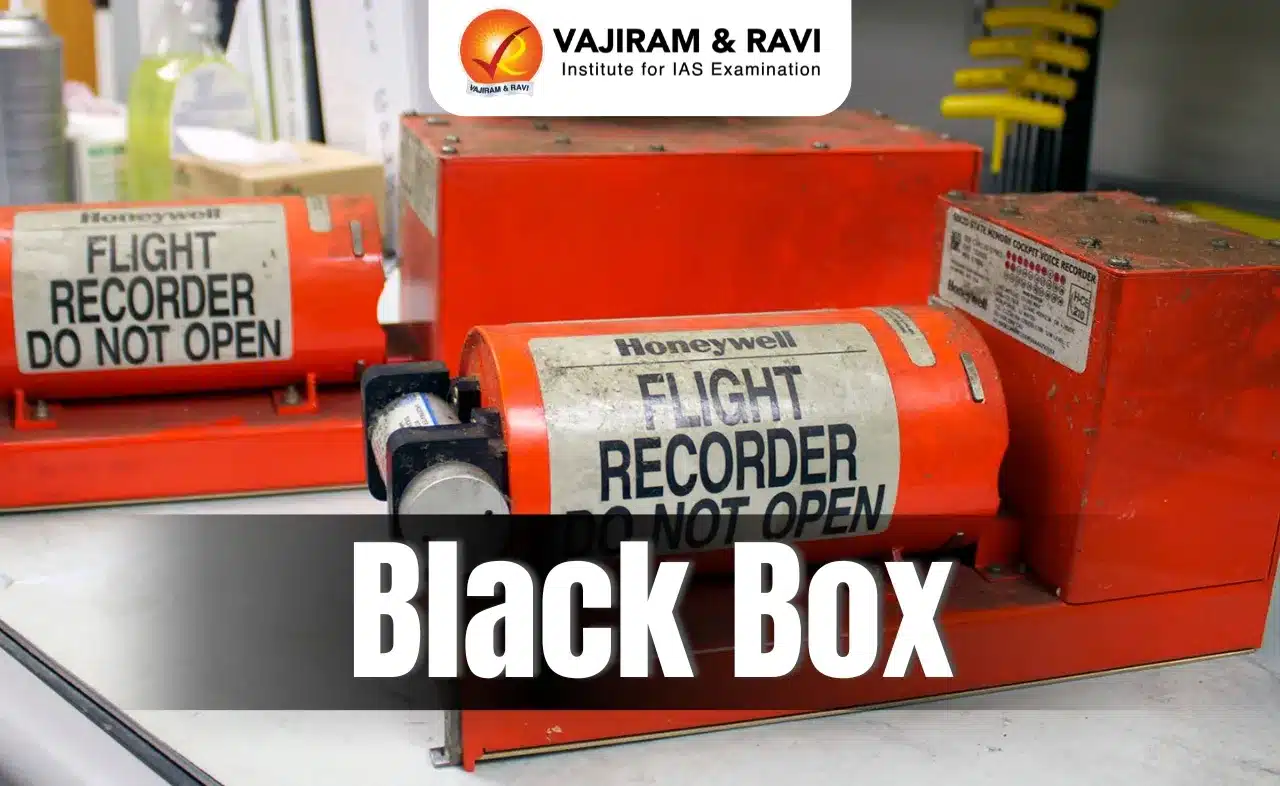About Electoral Trusts
- These are trusts set up by companies with the objective to distribute the contributions received from other companies and individuals to political parties.
- The companies which are registered under section 25 of the Companies Act, 1956, are only eligible to make an application for approval as an electoral trust.
- The names of electoral trusts, currently, do not indicate the name of the company/group of companies which set up the trusts.
- Who can and who cannot contribute to electoral trusts?
- Who can:
- An individual who is a citizen of India
- A company registered in India
- An association of persons (Indian residents)
- Who cannot:
- An individual who is not a citizen of India
- Other electoral trusts (approved under the Electoral Trusts Scheme)
- Contributors without PAN
- NRIs without a passport number
- Who can:
- For administrative expenses, the electoral trusts are permitted to set aside a maximum of 5 percent of the total funds collected during a financial year. The remaining 95 percent of total income of the trusts, including any surplus from the previous financial year, is required to be distributed to eligible political parties.
- What Laws/Rules govern the creation and functioning of electoral trusts?
- The Central Government amended the Income Tax Rules, 1962, on January 31, 2013, to insert Rule 17CA, which lists the functions of electoral trusts approved by the Central Bureau of Direct Taxes (CBDT).
- The Central Government, also launched ‘The Electoral Trusts Scheme, 2013, which specified the eligibility and procedure for registration as an electoral trust, apart from laying down the format for their registration.
Q1) What is the Central Bureau of Direct Taxes (CBDT)?
It is a statutory authority functioning under the Central Board of Revenue Act, 1963. The CBDT is a part of the Department of Revenue in the Ministry of Finance. Its functions include formulation of policies, dealing with matters relating to levy and collection of direct taxes, and supervision of the functioning of the entire Income Tax Department. CBDT also proposes legislative changes in direct tax enactments and changes in rates and structure of taxation in tune with the policies of the Government.
Source: Electoral trusts since 2014 have also weighed in favour of BJP
Last updated on June, 2025
→ UPSC Notification 2025 was released on 22nd January 2025.
→ UPSC Prelims Result 2025 is out now for the CSE held on 25 May 2025.
→ UPSC Prelims Question Paper 2025 and Unofficial Prelims Answer Key 2025 are available now.
→ UPSC Calendar 2026 is released on 15th May, 2025.
→ The UPSC Vacancy 2025 were released 1129, out of which 979 were for UPSC CSE and remaining 150 are for UPSC IFoS.
→ UPSC Mains 2025 will be conducted on 22nd August 2025.
→ UPSC Prelims 2026 will be conducted on 24th May, 2026 & UPSC Mains 2026 will be conducted on 21st August 2026.
→ The UPSC Selection Process is of 3 stages-Prelims, Mains and Interview.
→ UPSC Result 2024 is released with latest UPSC Marksheet 2024. Check Now!
→ UPSC Toppers List 2024 is released now. Shakti Dubey is UPSC AIR 1 2024 Topper.
→ Also check Best IAS Coaching in Delhi






















